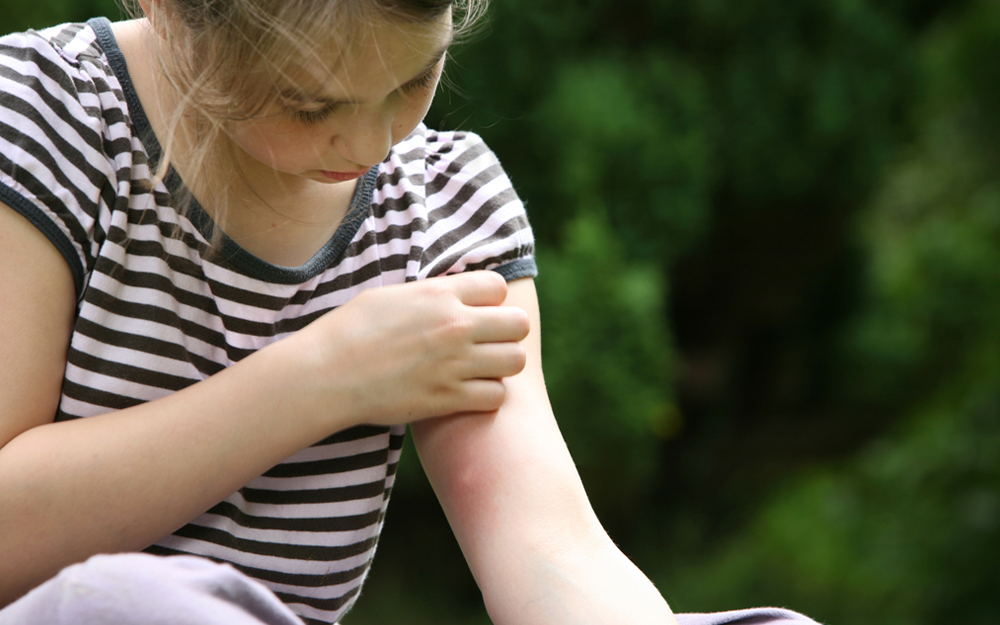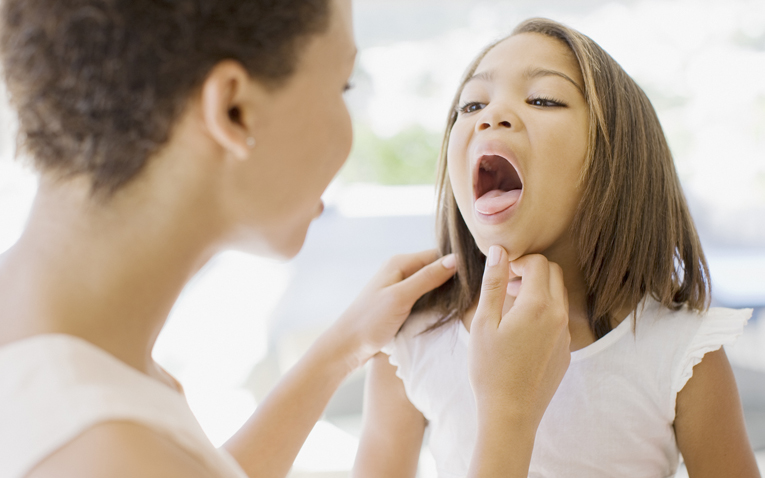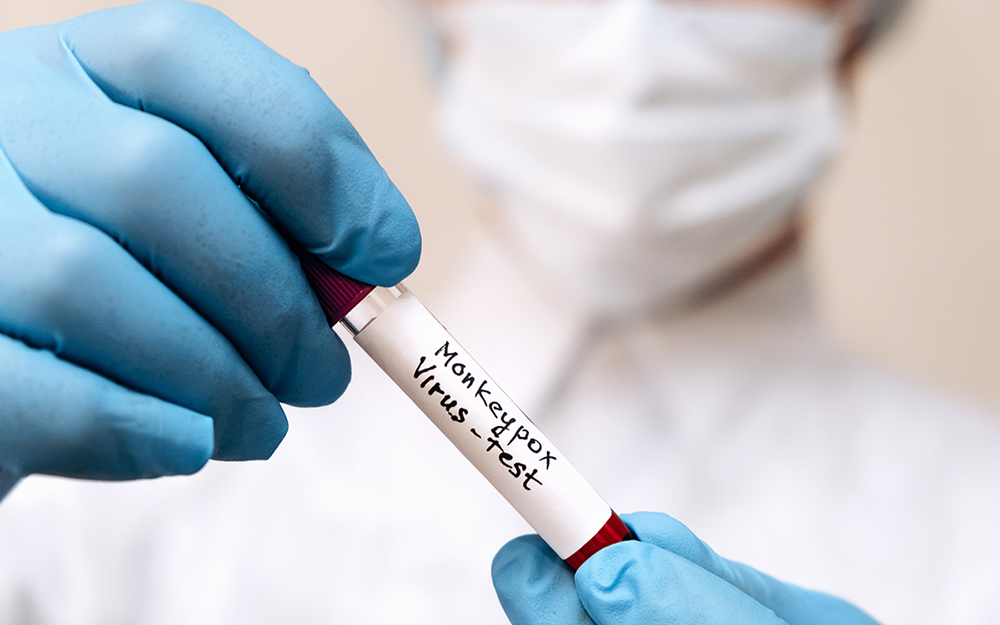Everything You Need to Know About Bug Bites
Date
June 29, 2020
Credits

Date
June 29, 2020
Credits
Medical providers featured in this article
In Brief
{{cta-block}}
Over the past few years, Cedars-Sinai dermatologist Dr. Jasmine Obioha has noticed an uptick in people complaining of bug bites, due to a big rise in ankle-biting mosquitoes in California.
"They first appeared in Orange County about five years ago, and I have really noticed the difference in my practice," Dr. Obioha says.
{{providers}}
"It's really hard not to scratch, but that's the worst thing you can do. It dramatically increases the risk of infection as well as scarring."
The reason?
"Warmer weather means more mosquitoes, so climate change is likely part of the problem," Dr. Obioha explains.
In the Newsroom: Climate Change and Your Health
Bugs galore
Higher temperatures mean a longer mosquito season, with the insects more likely to survive over winter. Mosquitoes also tend to be more active when it's hot, and warm temperatures make their eggs mature faster—which means even more mosquitoes.
Around the world, these insects can transmit serious illnesses, from malaria and dengue fever to Zika and West Nile viruses. Short of major diseases, most bites simply cause itching, which is often more of a nuisance than a danger.
"With these new ankle-biting mosquitoes, however, we're seeing more intense reactions, such as blistered skin," says Dr. Obioha. "Even with regular mosquitoes, some people end up with itching that can feel debilitating."
What to do and not do
"It's really hard not to scratch," says Dr. Obioha, "but that's the worst thing you can do. It dramatically increases the risk of infection as well as scarring."
You have to try to get the itch under control so you don't scratch. Your best bet? Topical steroids, which you can find in most drugstores. If you don't get relief, check with your doctor. They might prescribe oral steroids.
"Prednisone has more side effects than a store-bought ointment, but it'll help with stubborn cases," explains Dr. Obioha, adding that darker skin tones are more likely to be left with scars from zealous scratching.
Signs of infection
About a third of bug bites get infected. When that happens, it's important to seek treatment promptly. If you see signs of infection, such as oozing and swelling, cover the bite with a regular bandage and call your doctor. You should also seek help if you have chills or a fever.
If you think you have a spider bite, you're probably wrong.
"In 95% of cases, when people come in saying they have a spider bite, it's actually a staph infection of the skin," says Dr. Obioha.
Here are the most common types of skin infections:
- Folliculitis, Boils, and Carbuncles: Pockets of pus that develop in a hair follicle or oil gland. The skin usually becomes red and swollen, and if broken, will ooze.
- Impetigo: A contagious, often painful rash with large blisters that may drain and develop a crust.
- Cellulitis: An infection of the deeper layers of skin causing redness and swelling. Sores and discharge can develop too.
Any staph infection requires medical attention, so call your doctor if you see any of these signs. As for actual spider bites?
"A bite from a brown recluse or a black widow is dangerous, and you should seek prompt treatment, but a house spider is harmless," says Dr. Obioha.
Don't be a bug magnet
Nobody wants to get bitten. Try repellents with DEET, picaridin, PMD or IR3535 insecticide. They're effective and safe, including for pregnant and nursing women and babies over 2 months old.
Wear light-colored fabrics and avoid being in the woods or near lakes and ponds during dusk or dawn. Remember: If you do get bitten, don't scratch that itch!






